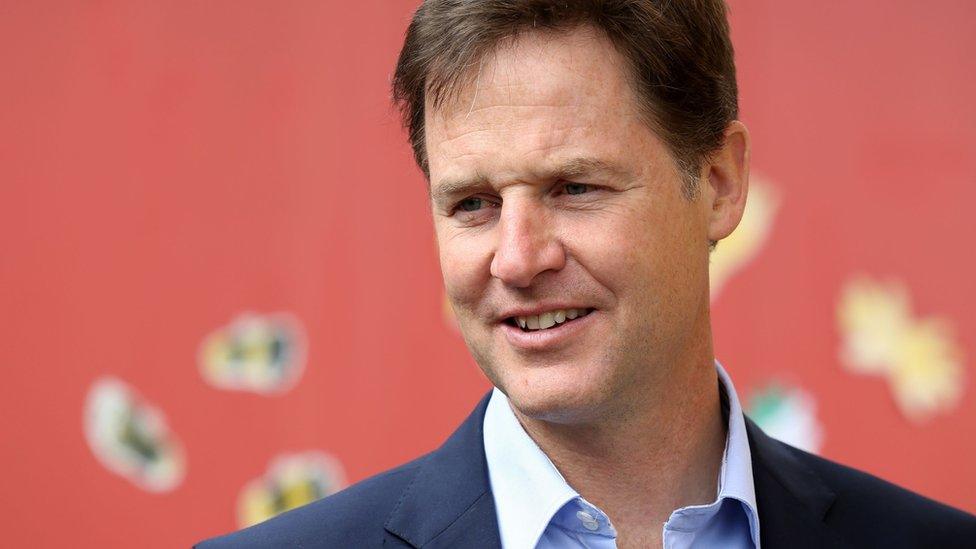Archbishop of Canterbury defends faith schools
- Published
The Most Rev Justin Welby: "It's an expression of our love and service to the community"
Archbishop of Canterbury Justin Welby has defended faith schools, saying they provide education for some of the poorest children in the UK.
Archbishop Welby acknowledged the potential danger of fundamentalists attempting to take control of schools.
However, in a BBC interview he said Church of England schools continued to "love and serve", as they "have done for hundreds of years".
The archbishop repeated his view that the UK is "a deeply Christian country".
Asked about an inquiry into allegations of fundamentalists targeting schools - the so-called Trojan Horse plot - he said: "I can't talk about other faith schools, but it isn't much of a danger in Church of England schools."
He was speaking after Birmingham City Council launched an inquiry into alleged plots by Muslim hard-liners to seize control of school governing bodies in the city.
The archbishop also defended the role of faith schools within the education system, saying they remained "a very good use of social capital".
"The way it's done with Church of England schools is that it's an expression of our love and service to the community," he said.
"People seem to choose these schools in large numbers. They are often in the poorest parts of the country, we seek to love and serve people, as we should, through these schools - and have done for hundreds of years."
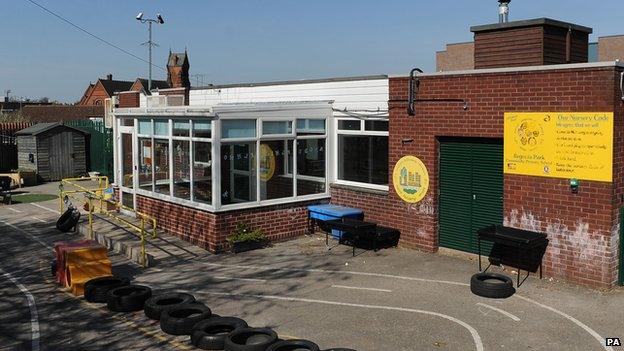
A probe has been launched into allegations of a plot to take control of a number of Birmingham schools
National Secular Society executive director Keith Porteous Wood said: "He [the archbishop] fails to point out that his schools, run entirely at public expense, prioritise evangelisation over serving the population who are steadily abandoning his pews."
A spokeswoman for the Church replied that it had first set up schools 200 years ago, some 50 years before the state introduced education for all.
She added: "The Church contributes financially to the running of their schools through improvement costs, along with many hours of volunteering, particularly on governing bodies.
"Church schools do not evangelise but provide an inclusive and effective education with a distinctive Christian ethos which continues to be very popular with parents and pupils of all faiths and none."
Faith schools are run like other state schools but are associated with a particular religion. They follow the national curriculum except for religious studies where they are free to only teach about their own faith.
There are about 7,500 faith schools across the UK, the largest category of which are Church of England followed by Roman Catholic, according to the Department for Education. , external
'Deeply Christian country'
Asked about the continuing debate about whether the UK remains a "Christian country", Archbishop Welby said Christian faith was reflected in the "whole way we approach our national life".
His comments come after Prime Minister David Cameron wrote last month that people in the UK should be "more confident about our status as a Christian country".
It prompted a group of 50 public figures to write an open letter to the Daily Telegraph, external insisting that the UK was "a non-religious" and "plural" society.
Archbishop Welby later wrote in his blog, external that it was a "historical fact" that UK law, ethics and culture were based on Christianity's teachings and traditions.
Returning to the debate, Archbishop Welby said the UK's "systems of justice and health, the way we value people, the basic way we look at the human being and the dignity of the human being, reflects the values of Jesus Christ".
"We are a deeply Christian country in that way," he added.
The archbishop added that he did not agree with Deputy Prime Minister Nick Clegg's claim that the Church would be better able to serve its own interests and those of the country if it was disestablished.
But the NSS said: "Archbishop Welby's self-serving claim that this is 'a deeply Christian country' is completely undermined by his own Church's statistics showing Sunday attendance declining."
According to the latest Church of England report, external, 800,000 people attended its church services on a "usual Sunday" in 2012, approximately half the number that attended in 1968.
- Published23 April 2014
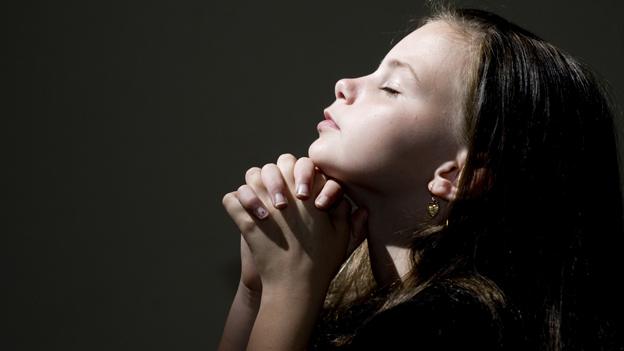
- Published23 April 2014
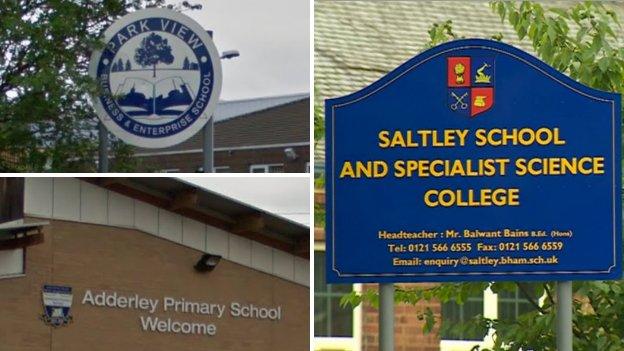
- Published16 April 2014
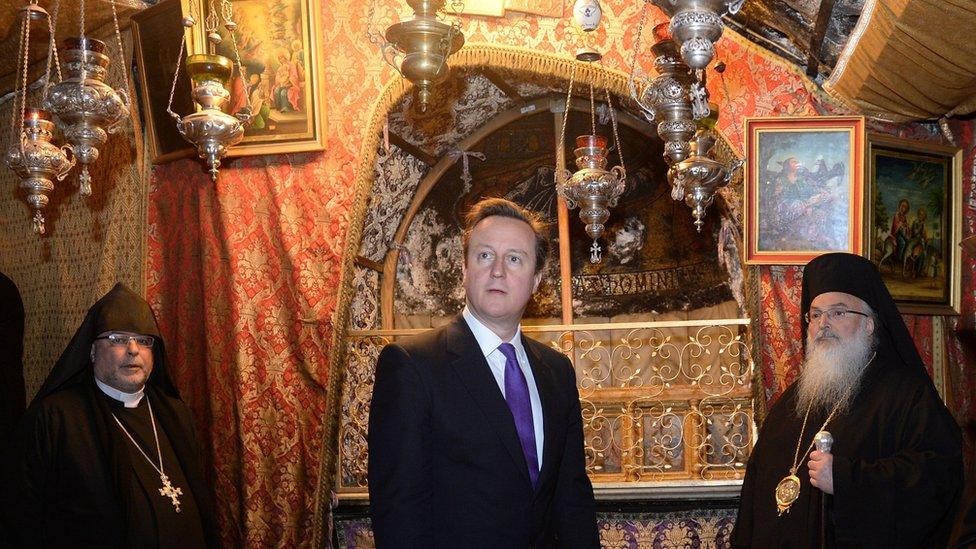
- Published24 April 2014
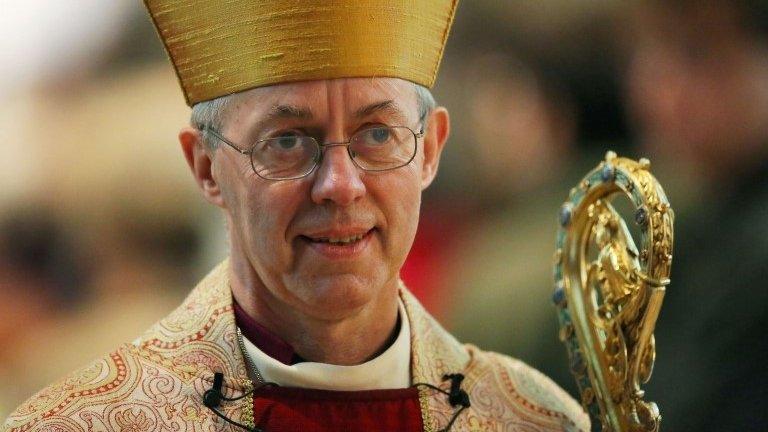
- Published25 April 2014
